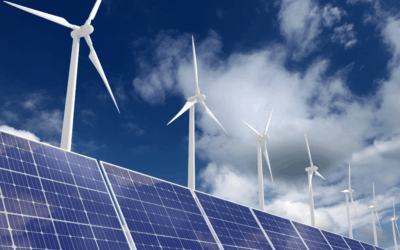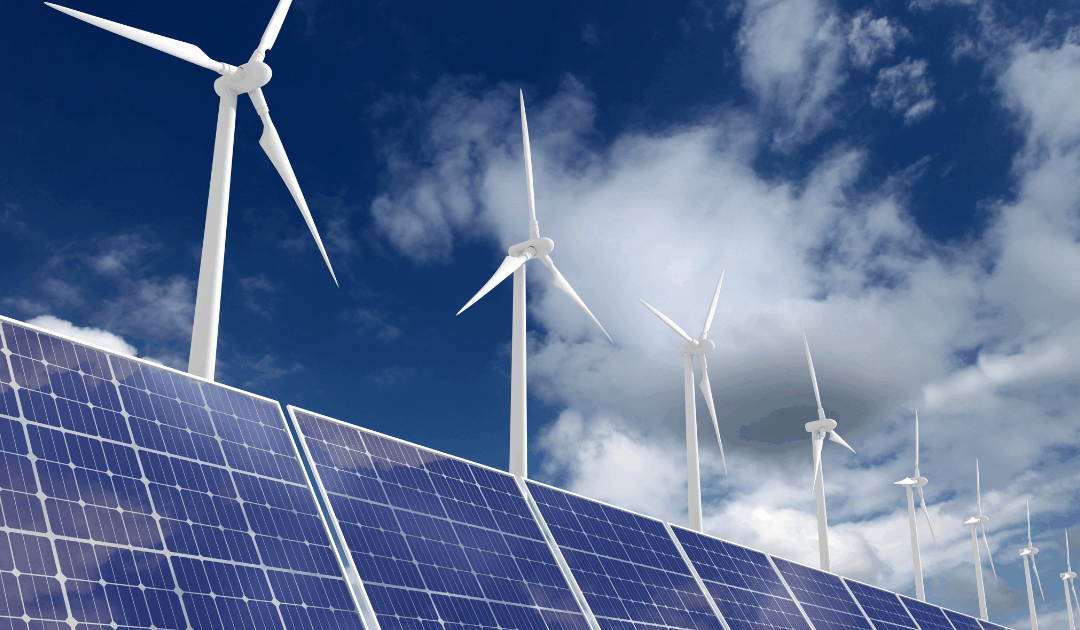Every year on June 5, people recognize World Environment Day. The theme for World Environment Day this year is “Our Land, Our Future. We are #GenerationRestoration”. This theme focuses on land restoration, desertification and drought resilience.
Roughly 40% of the world is affected by land degradation, disproportionately affecting those least equipped to handle it; poor communities, rural communities, small farm owners, and Indigenous Peoples. Nearly 55 million people are impacted by drought each year. These issues impact crop production and herds. If we continue on this path, we could see a 12% decrease in food production, leading to a 30% increase in food costs, by 2030.
The process of reviving natural spaces, ecosystem restoration, will help us to avoid catastrophic impacts from climate change. The United Nations Decade on Restoration has been working with countries to restore their ecosystems since 2021. Some projects include Rewilding Bison, an effort to rewild 170 bison in Europe that are helping to reduce carbon emissions. Trees for the Future, which trains farmers in sustainable land use and has planted over 350 million trees worldwide. And Regreening Africa, which is expected to bring over 5 hectares under restoration by 2030, bringing biodiversity and local community support to the forefront.
While we can’t all be a part of these large initiatives, we can do things in our lives to help support the larger efforts at land restoration.
- Buy local to support your local, smaller farmers and reduce greenhouse gas emissions
- Include more soil friendly foods in your diet, such as lentils, beans and chickpeas
- Shop for sustainably grown and locally produced products and foods
- Use the planet-based calculator to determine how your food choices impact the environment
- Collect kitchen waste to compost in gardens or contribute to composting schemes
- Host eco-friendly cookouts and gatherings and share tips on reducing food waste
- Adopt eco-friendly approaches to pest control in gardens and your home
This World Environment Day, take a few moments to reflect on the ways YOU can be a part of the solution. Watch documentaries of countries working to restore their land. Read the World Environment Day Practical Guide. Share your knowledge with others, and with us. And continue to do your part to restore our ecosystems.






